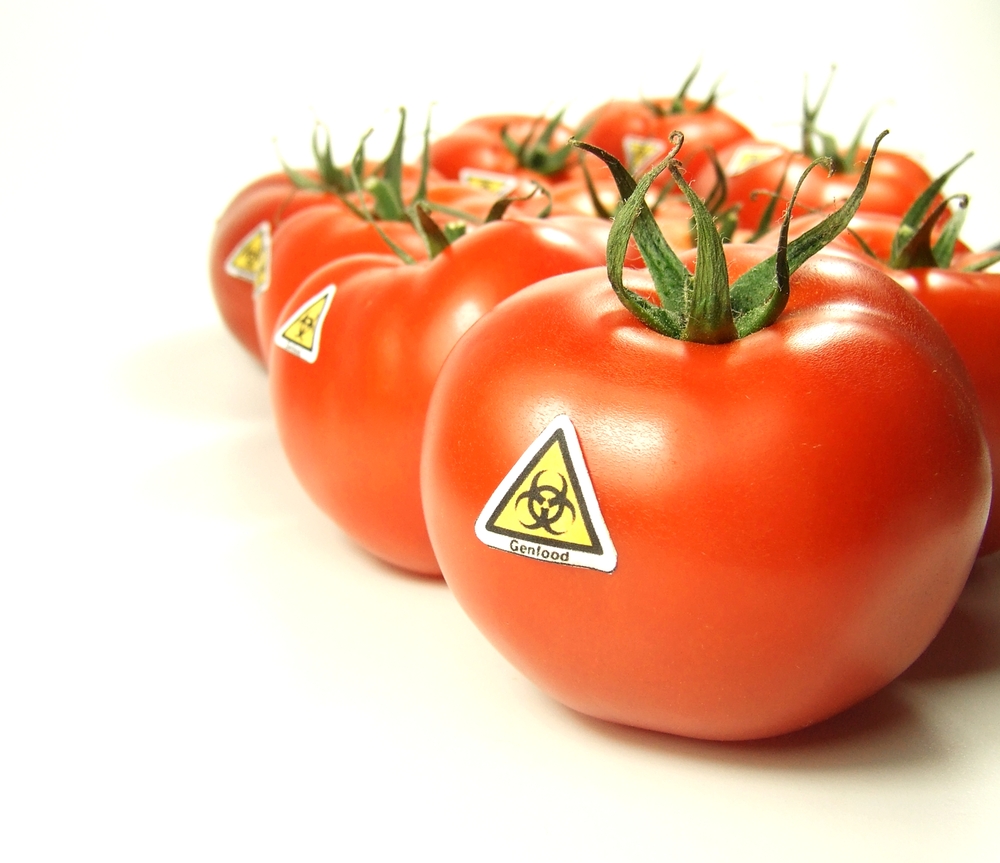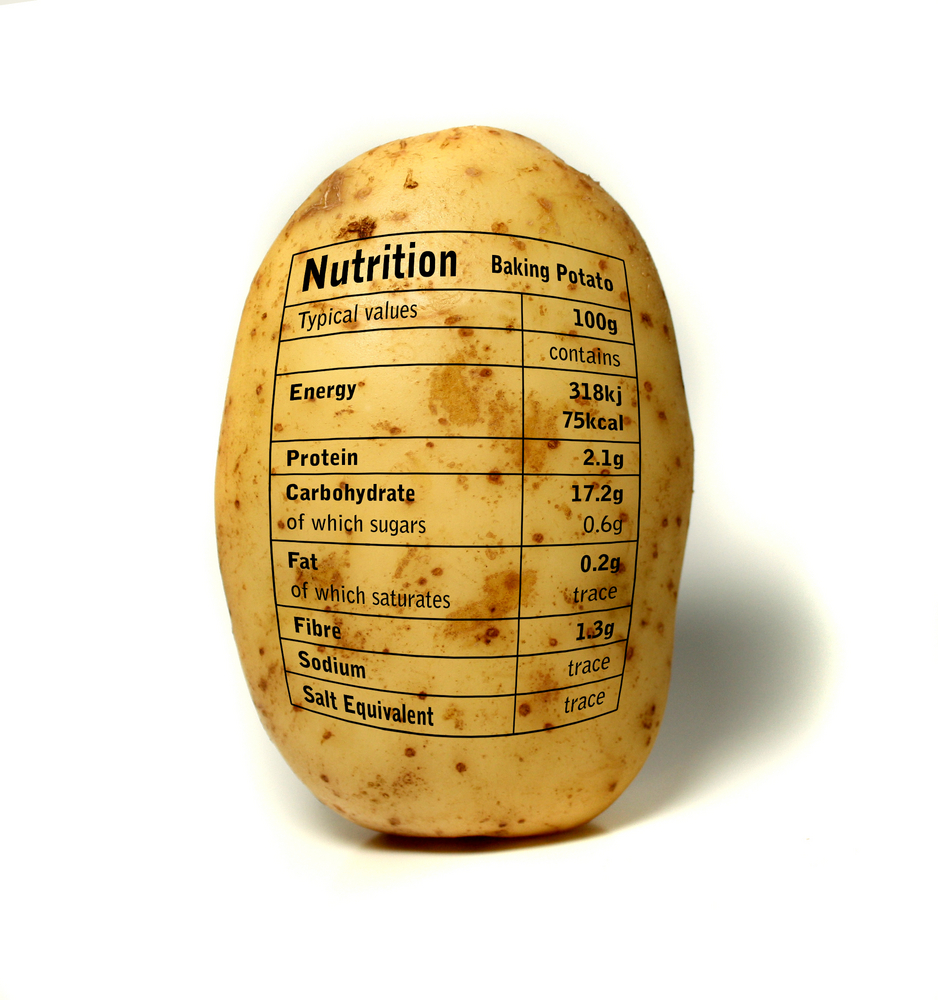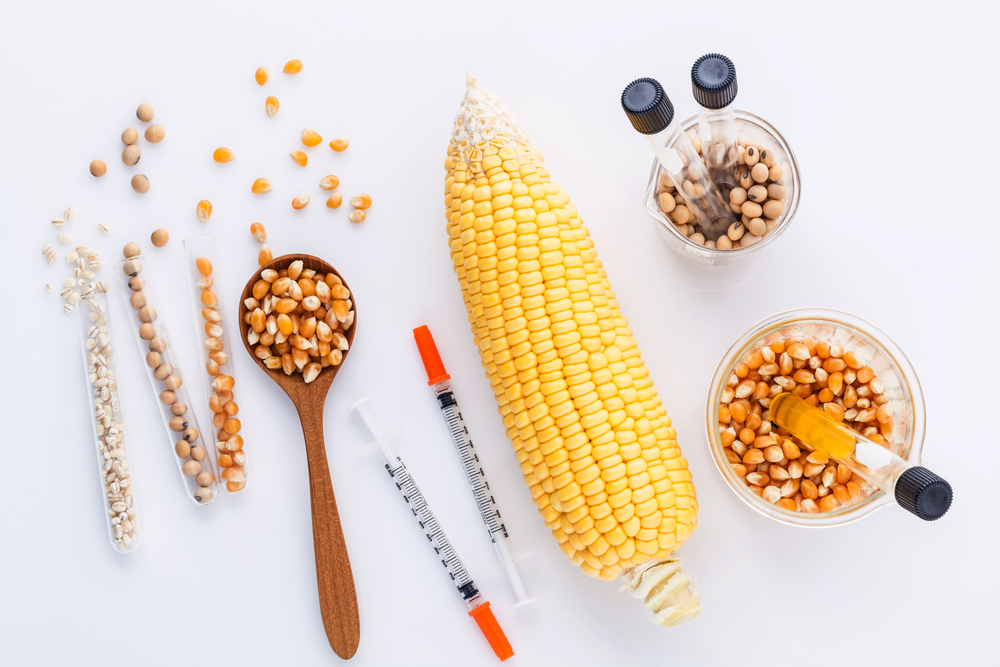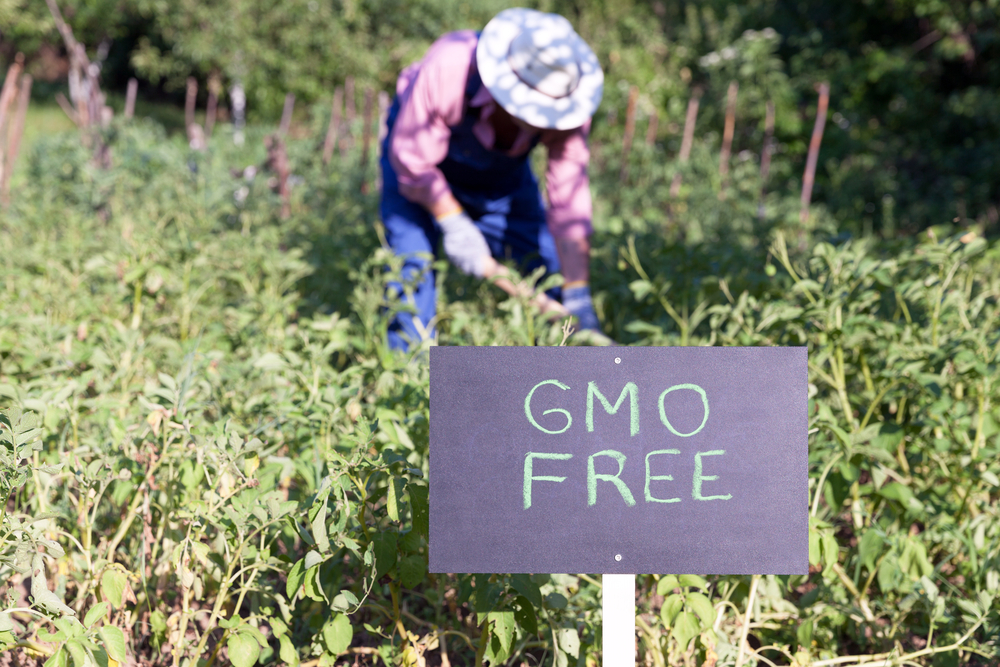GMO stands for genetically modified organism, a collective term used for organisms produced through genetic modification. GMOs are created through the transfer of selected genes from a donor organism to produce its desirable traits in a new organism, which can either be plants, animals, or enzymes.

There are regulatory agencies responsible for approving commercial production and consumption of GMOs. Some GMOs are already approved while others are still in the early stages of regulatory evaluation. Other GMOs are still experimental and confined to more extensive scientific research. To date, at least 90% of the key agricultural crops produced and sold in the United States are genetically modified. Due to this, it’s very difficult to avoid consumption of GMO products, but there are ways on how to avoid GMO products in your garden.
How Does Genetic Modification Affect Plants?
Genetic engineering gives plants some sort of “superpower” they don’t naturally have, but these traits are only beneficial in such a way that it makes pest control easier and harvest yield greater. While genetic modification indeed improves plants, it sets off a ripple effect that ultimately disturbs the natural way of things and ends up producing even more problems. Here are some examples:
Production of new allergens

Genetic modification can cause plants to produce novel proteins that can trigger an allergic reaction in consumers. While allergic reactions to GMO products haven’t been fully confirmed and documented, there is enough in vitro evidence that they can elicit an immune response in humans.
Increased toxicity

Most plants consumed by humans don’t produce enough toxins to cause adverse health effects. When an exotic gene is inserted, there is a concern for sending the plant’s toxin production into overdrive when stressed. While this strengthens the plant’s defence mechanism, it becomes dangerous and unfit for human consumption.
Decreased nutritional value

Genetic modification makes nutrients in plants either unavailable or indigestible to humans. In fact, one study has shown that a strain of genetically engineered soybean produced lower levels of phytoestrogen compounds that protect against heart disease and cancer than traditional soybeans.
How to Avoid GMO Products in Your Garden
Since GMOs have become commonplace, it’s been difficult to separate them from their traditional counterparts. One of the ways you can accidentally use GMO products in your garden is by buying seeds from the grocery store that are not properly labelled as GMO. Another way includes buying from a sketchy source. Sadly, other than a proper label, there is no way to tell whether a certain product is genetically modified or not. Here’s how to avoid GMO products in your garden:
{ 1 }Start with knowing GMO-risk crops.

Avoiding GMOs starts in knowing them well. Sweet corn, beets, alfalfa, yellow summer squash, potatoes, and zucchini are just some of the commercially available GMOs most likely to end up in your garden. If you’re not sure if the said crops are GMOs or not, it’s best not to plant them in your garden.
{ 2 } Find a good, non-GMO organic nursery.
To make sure that the seeds you plant in your garden are not GMOs, find a reliable non-GMO source to buy them from and ensure that they’re not a company involved in genetic engineering. This can be a little challenging, but careful research goes a long way to avoid GMOs from taking residence in your garden. You might want to entirely avoid purchasing seeds from biotech companies and seed companies owned by them.
{ 3 } Use organic compost and soil.
Where you grow your plants in matters. Using organic compost and soil is the best way to avoid unknowingly planting in the chemically contaminated matter. Chemical-free soil ensures healthy plants, so always make sure that you speak with your soil retailer about where his products come from.
Genetic modification is indeed an advancement as it makes life easier for us but for every action, there is an equal and opposite reaction. At this point, the best way to stay healthy is to opt for everything natural. They may not come as conveniently as their enhanced counterparts, but they’re definitely safer. The key to steering clear of GMOs is reading up on them and knowing them well.






